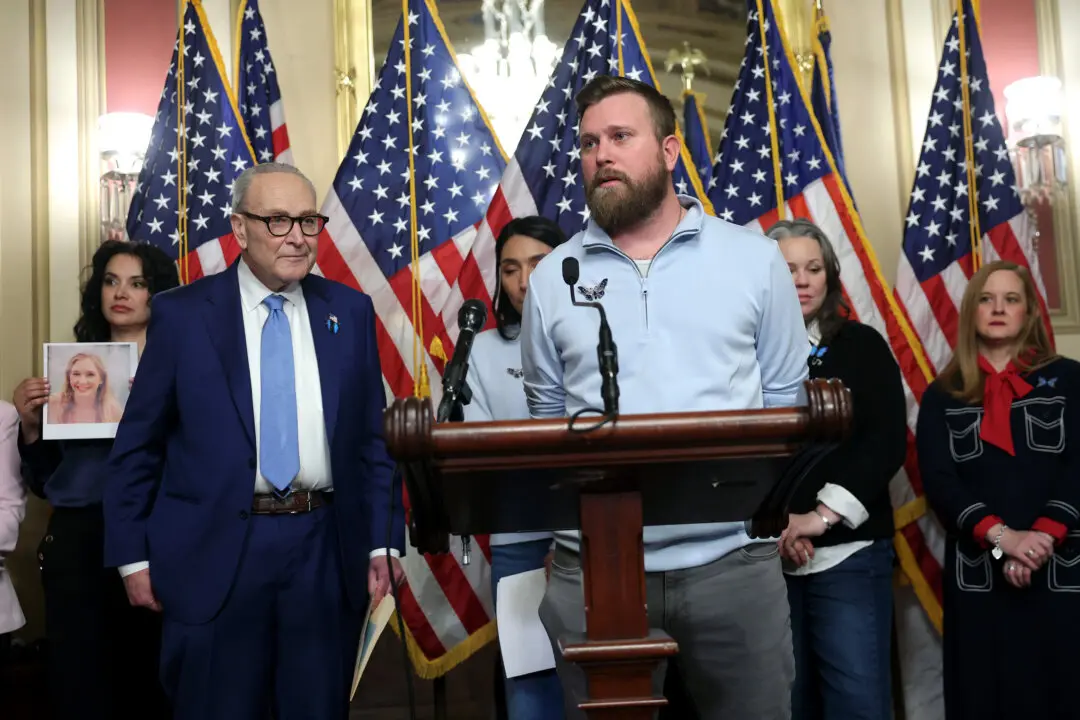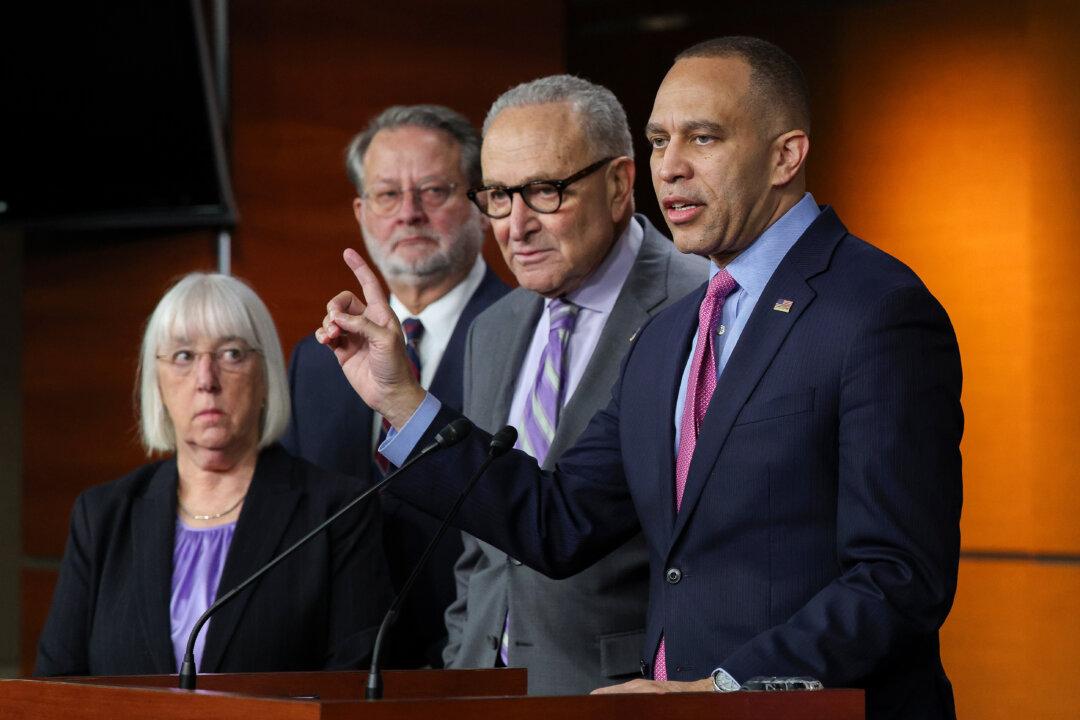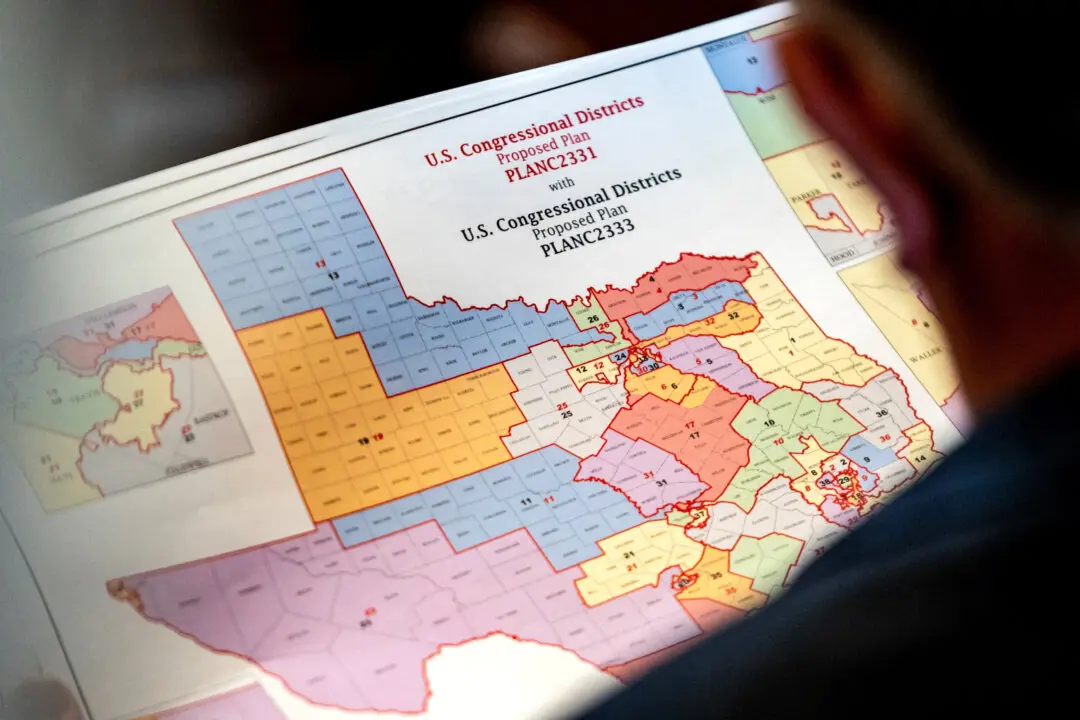Tennessee’s Department of Children’s Services (DCS) put hundreds of children sleeping in state office buildings amid a staffing shortage of nearly 500 case managers and persistent turnover, according to a recently released audit (pdf) from the Tennessee Comptroller’s office.
“The Department of Children’s Services is struggling to provide support services to Tennessee’s most vulnerable children and youth,” auditors wrote in their report. “The safety, permanency, and well-being of Tennessee’s most vulnerable children is in jeopardy by management’s failure.”





